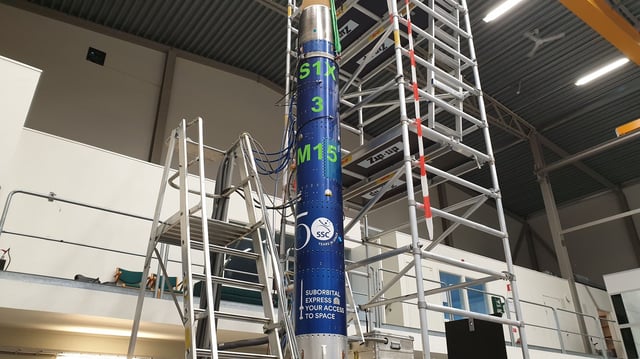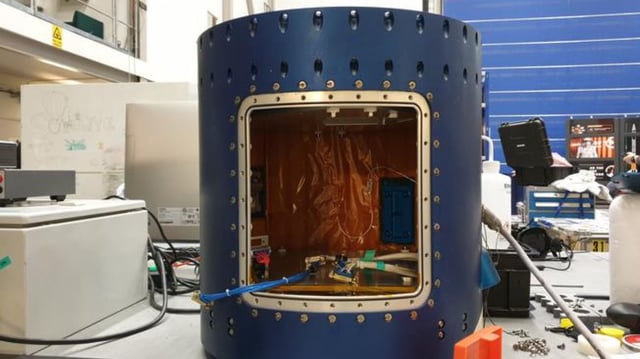Overview
- The npj Microgravity paper reports Bacillus subtilis spores endured a suborbital flight without detectable changes in growth or structure.
- The sounding rocket reached about 60 km, peaked near 13 g on ascent, experienced over six minutes of microgravity, and faced up to ~30 g with ~220 rps spin on re-entry.
- Researchers describe the work as the first real-world launch and re-entry test of microbial spores outside laboratory simulations.
- The findings offer data to guide life-support design and strategies to maintain astronaut microbiomes on future long-duration missions.
- RMIT worked with ResearchSat, Numedico, and the Swedish Space Corporation using a custom 3D-printed holder, and the team now seeks funding to test more delicate organisms while long-duration radiation effects remain unaddressed.

